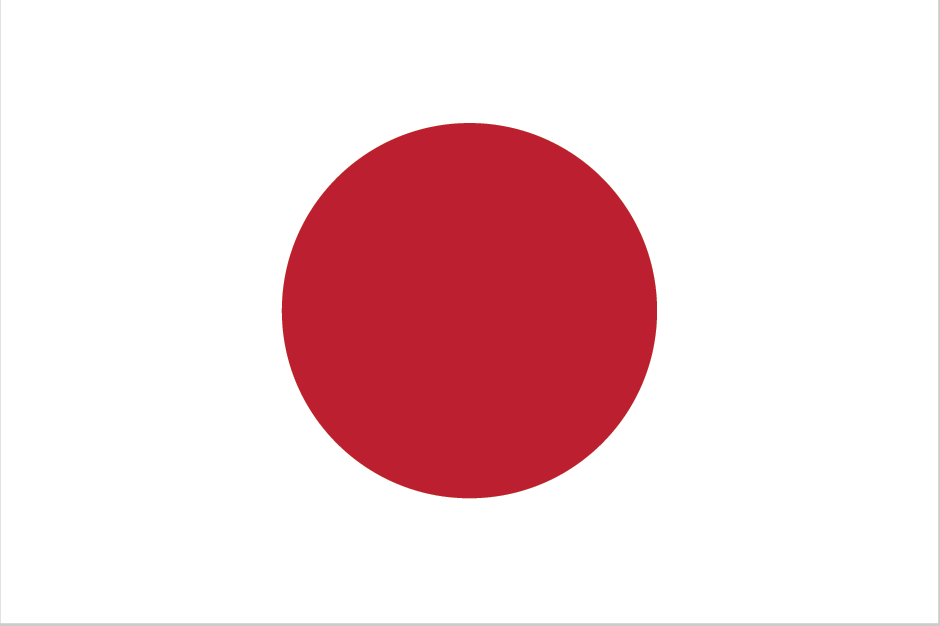
Sustainability Efforts
Country: Japan
Explore sustainability efforts in Japan. The United States Environmental Protection Agency (“EPA”) said it well when they state:
“Sustainability is based on a simple principle: Everything that we need for our survival and well-being depends, either directly or indirectly, on our natural environment. To pursue sustainability is to create and maintain the conditions under which humans and nature can exist in productive harmony to support present and future generations.”
About Japan
Japan, an island nation in East Asia, is known for its fascinating blend of ancient traditions and modern technology. It offers attractions like Tokyo’s bustling cityscape, the historic temples of Kyoto, and the natural beauty of Mount Fuji. Japan’s rich culture is evident in its traditional arts, tea ceremonies, and vibrant festivals. The country’s cuisine is renowned worldwide, featuring sushi, ramen, and other delicious dishes. Japan is also famous for its technological innovations, including bullet trains and robotics. With its stunning landscapes, unique cultural experiences, and technological advancements, Japan offers an enchanting destination for travelers seeking a mix of tradition and modernity. Sustainability efforts in Japan will enhance the country’s future.
Sustainability Efforts
Toggle each button below to “open” and “close” the presented data.

Japan has implemented various measures to combat poverty and promote social welfare. The government provides financial assistance and support programs for low-income individuals and families. According to the Ministry of Health, Labour, and Welfare, the poverty rate in Japan was 15.7% in 2019.

Japan has a relatively low rate of hunger and food insecurity compared to many other countries. The government has implemented programs to ensure food security and support vulnerable populations. According to the Food and Agriculture Organization (FAO), the prevalence of undernourishment in Japan was less than 2.5% from 2017 to 2019.

Japan has a well-developed healthcare system that provides universal coverage and high-quality healthcare services. The government ensures access to affordable healthcare through the National Health Insurance system. Japan has achieved high life expectancy rates and has been recognized for its healthcare outcomes.

Japan has a strong education system and places high importance on education. The government has implemented policies to ensure access to education for all citizens and promote quality education. The country has high literacy rates and has been known for its excellence in science, technology, engineering, and mathematics (STEM) education.

Japan has been working towards promoting gender equality and empowering women. The government has implemented policies and initiatives to address gender disparities in the workplace, enhance work-life balance, and increase women's representation in leadership positions. However, challenges related to gender inequality and women's participation in the workforce persist.

Japan has implemented robust water management systems to ensure clean water sanitation. The government monitors water quality and implements regulations to protect water sources. The country has high standards for water treatment and supply infrastructure, ensuring access to safe and clean drinking water for its population.

Japan has been investing in renewable energy and promoting the transition to affordable clean energy sources. The government has implemented policies and incentives to encourage renewable energy development, including solar, wind, and hydroelectric power. Japan aims to increase the share of renewable energy in its energy mix to reduce dependency on fossil fuels.

Japan has been a major global economic power and has achieved high levels of economic growth. The government implements policies to stimulate economic growth, attract investments, and promote innovation. Japan's economy is known for its advanced technology, manufacturing industries, and exports.

Japan has a strong focus on industry innovation and technological advancements. The country has been at the forefront of research and development in various sectors, including automotive, electronics, robotics, and healthcare. The government promotes collaboration between industry, academia, and research institutions to foster innovation and enhance competitiveness.

Japan has been working to reduce inequalities and promote social inclusion. The government implements policies to address income disparities, enhance social welfare, and support vulnerable populations. Efforts are made to ensure equal opportunities and access to resources for all citizens.

Japan has been implementing sustainable urban development practices. The government promotes energy-efficient buildings, green transportation systems, and waste management initiatives. Japanese cities are known for their efficient public transportation, green spaces, and disaster preparedness measures.

Japan has been focusing on responsible consumption and production patterns. The government implements policies to promote recycling, waste reduction, and sustainable resource management. Japan is known for its advanced recycling and waste management practices.

Japan is committed to addressing climate change and implementing climate action measures. The government has set targets to reduce greenhouse gas emissions and promotes renewable energy sources. Japan has also been actively involved in international climate negotiations and initiatives.

Japan places significant importance on the protection and sustainable management of its aquatic environment, including its marine and freshwater ecosystems. The country recognizes the importance of preserving its rich marine biodiversity, ensuring the health of its coastal areas, and promoting sustainable fishing practices. Marine protected areas, sustainable fisheries, and coastal zone management are three examples of the nation's aquatic initiatives.

Japan has implemented various measures to protect its natural environment and preserve biodiversity. The government has established national parks, protected areas, and wildlife sanctuaries to conserve ecosystems and endangered species. Japan is committed to the conservation of forests, wetlands, and other natural habitats.

Japan has well-established peace and justice institutions that uphold the rule of law and ensure access to justice. The country has a robust judicial system, independent judiciary, and strong legal framework. Japan actively participates in international peacekeeping missions and contributes to the maintenance of global peace and security.

Japan recognizes the importance of partnerships and collaborations to achieve the Sustainable Development Goals (SDGs). The government actively engages in international cooperation and partnerships to address global challenges. Japan provides financial support, technical expertise, and knowledge sharing to assist developing countries in achieving the SDGs.



